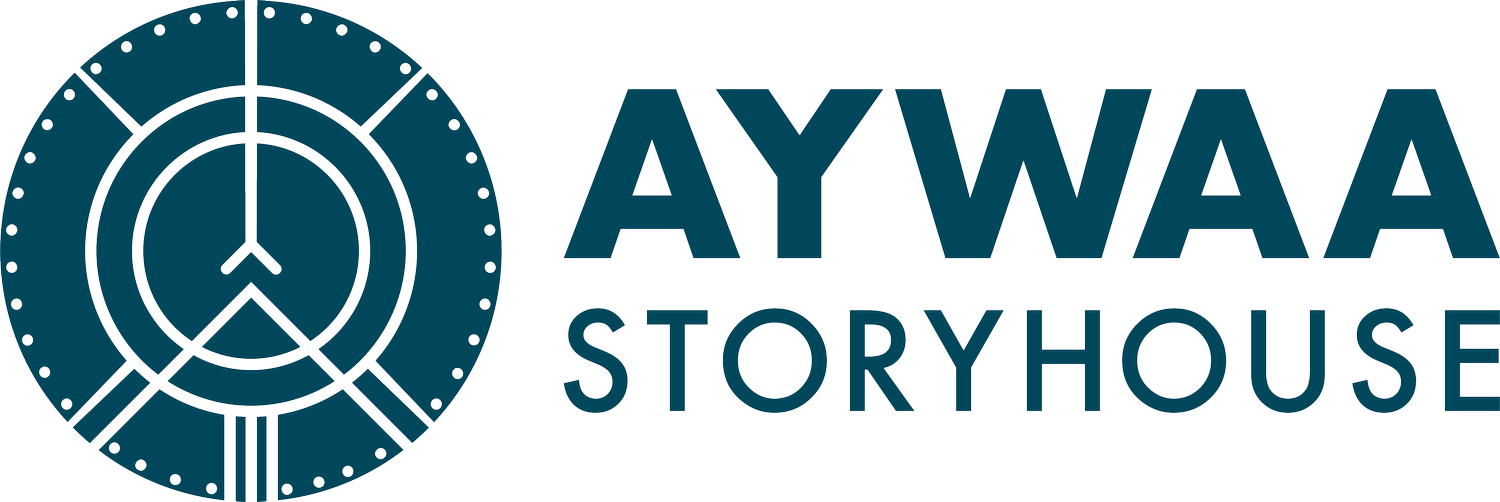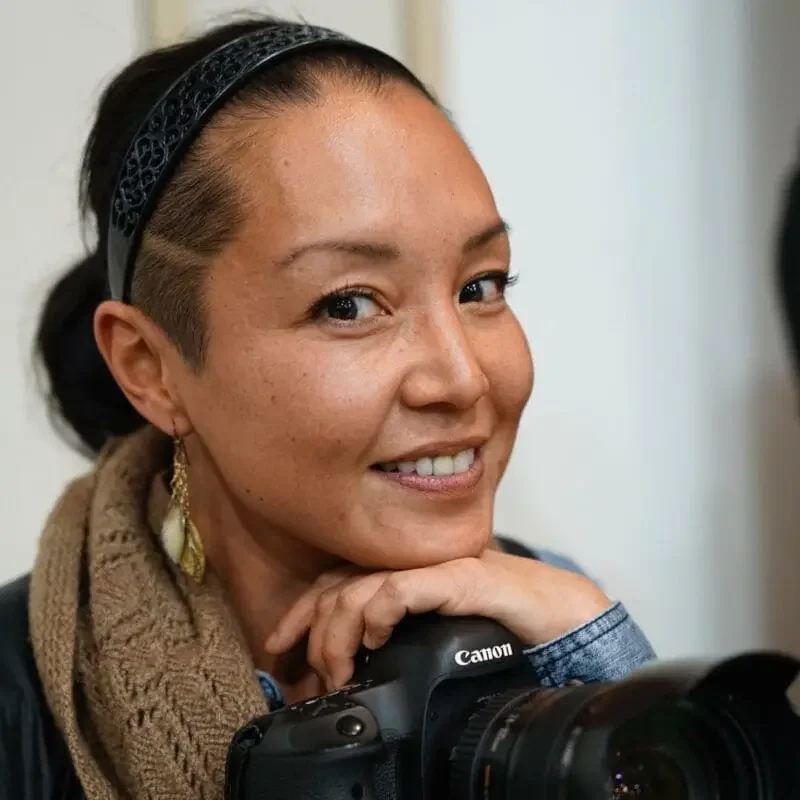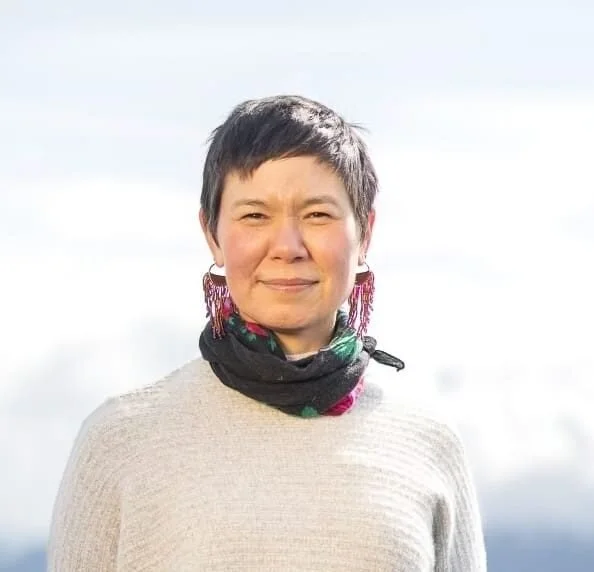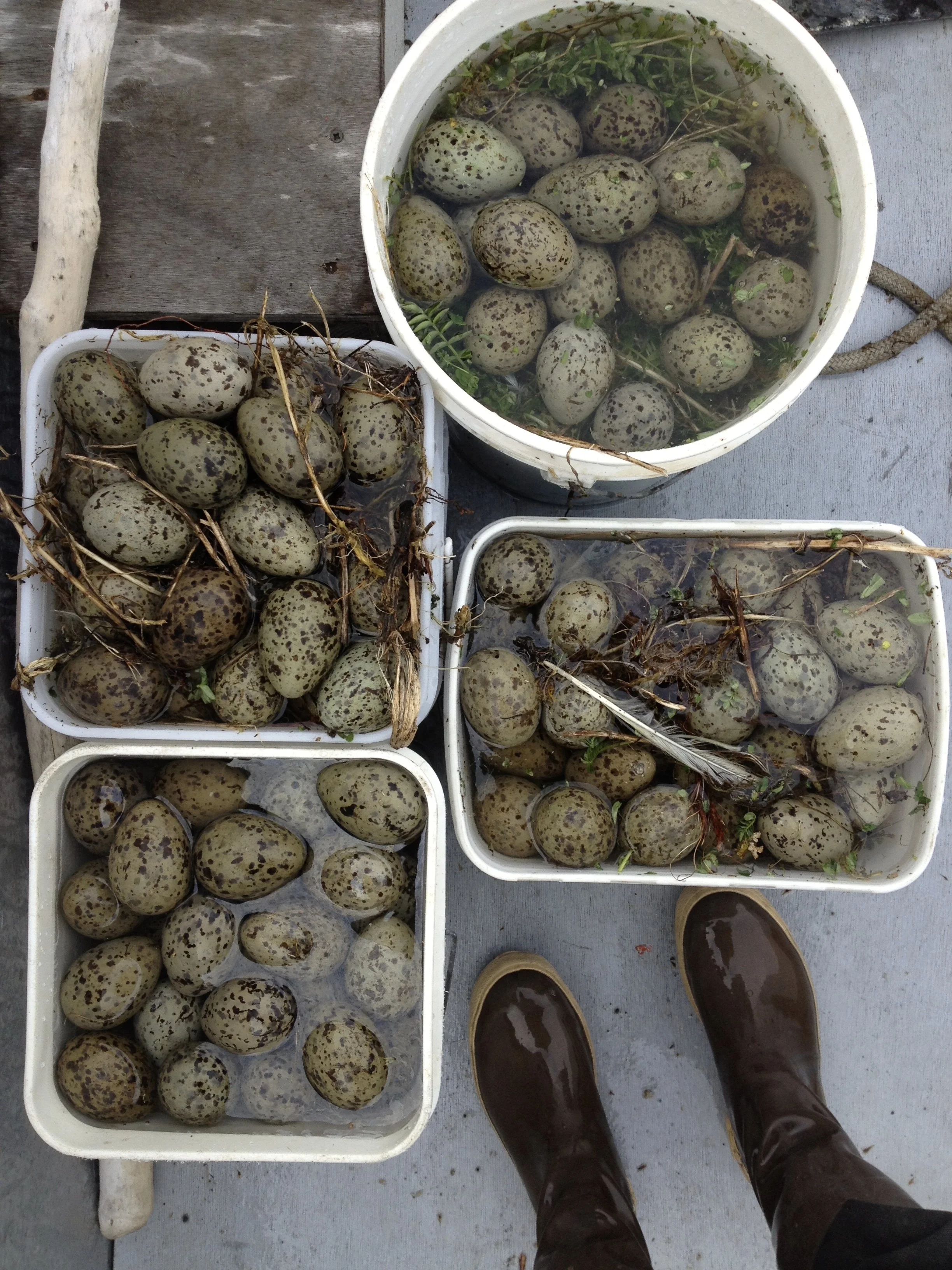Our Storytellers
Aywaa Storyhouse informs, uplifts, and inspires Alaska’s Indigenous community through the power of storytelling.
As a multimedia platform, we are committed to amplifying Alaska Native voices across news, arts, humor, culture, and language. Our goal is to empower the Alaska Native community to become the most informed—so our families and leaders can make wise decisions, engage in meaningful conversations, find inspiration, and build thriving homes.

Rooted in Indigenous values, Aywaa Storyhouse centers and affirms the Alaska Native narrative through storytelling.
By sharing our ways of being and the values that guide our relationships—with one another, the land and water, and our plant and animal kin—we aim to strengthen our community and educate the broader Alaska public on true sustainability and holistic, healthy living.




